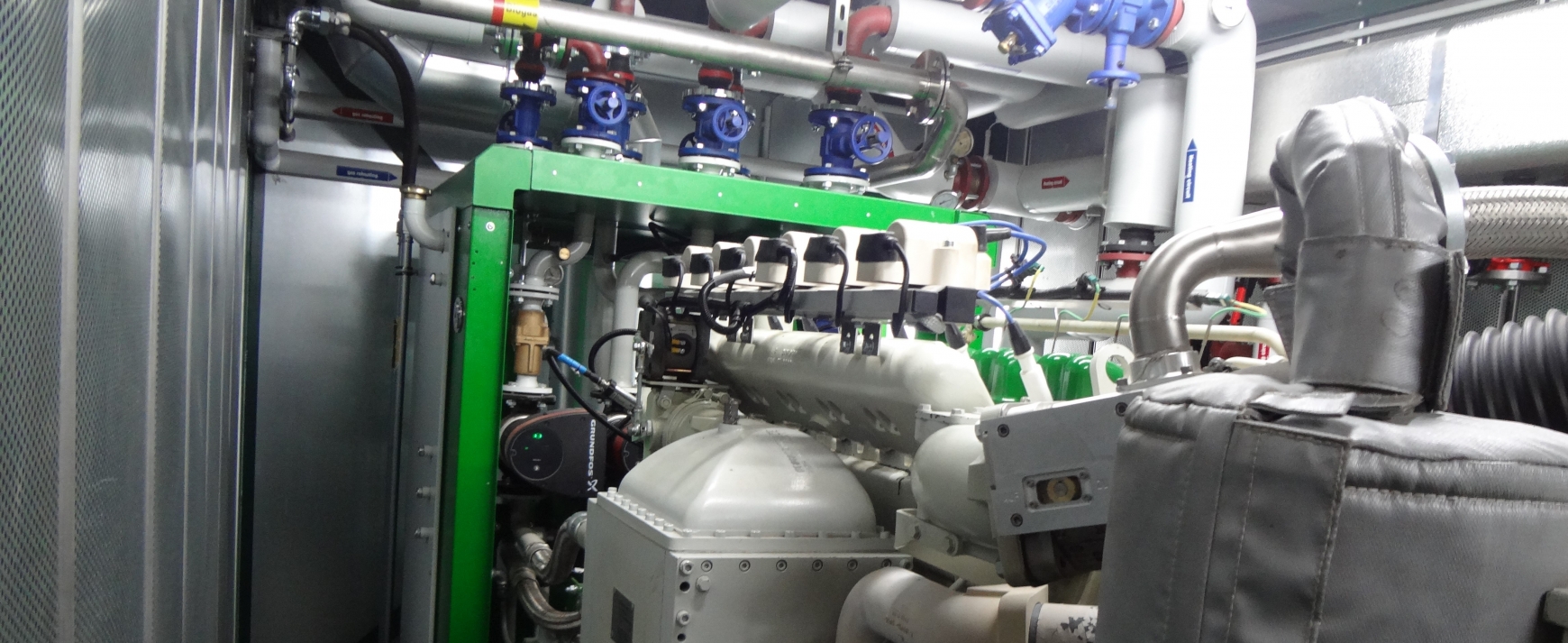We have recently sought clarity on whether changes made to an existing combustion plant qualifies it for permitting, as previously discussed in this blog. The Environment Agency (EA) has provided more guidance on the subject.
Minor Refurbs vs Substantial Refurbs
Existing Medium Combustion Plants (MCPs) over 5 MWth input can continue to operate without a permit until January 2024 but they may be reconsidered as a new plant if substantial refurbishments are made:
- If the plant is altered or repaired which makes the emissions from the plant worse (e.g. Oxides of Nitrogen/Particulate Matter (dust), etc. pollution levels are increased); and/or
- Substantial refurbishment costs are more than 50% of what a new comparable MCP would cost.
However, if a plant’s upgrades decrease the potential pollution levels (e.g. a more efficient burner) and costs less than 50% of a new Medium Combustion Plant (MCP), the refurbishments would only be considered as minor. Therefore, the plant would maintain its existing status.
If the plant is replaced in its entirety it will result in a new plant status and will require the permitting to be completed prior to commissioning.
EA lead-times from application submission to permit determination
For existing plants that do undergo substantial refurbs, obtaining an environmental permit could go one of two ways:
- Apply for a new environmental permit for currently unpermitted sites, of which newly released Regulatory Position Statements (RPS) are available to allow Medium Combustion Plants and Specified Generators fueled by natural gas, virgin, and Grade A waste wood to commission and operate from EA approval until the 21 April 2021.
- Apply for a variation of the site’s existing environmental permit to add the ‘new’ plants, which still require the applicant to wait in the EA permitting queue.
EA variation applications are currently taking:
- Up to four weeks to be processed by EA permitting admins and enter the permit queue.
- Between 18 to 23 weeks lead-time in the permit queue before allocation of a permitting officer (eight for standard rule permits – low impact plants only).
- Assessment and determination of the permit application an additional eight to twelve weeks.
Therefore, we would advise allocating a minimum of 39 weeks to any planned changes on sites with existing permits to prevent any delays to ongoing projects before varying an environmental permit. You must ensure that contractors and installers are fully aware of this factor and set timescales accordingly. There are ongoing national efforts to reduce the lead-times within the EA. However, we are yet to see the impact of the new RPS’s for new permit applications and do not expect to see shorter lead-times until 2021.
If you need help with a permit application, application for operating under an RPS, or a permit variation, call us on 024 7669 8899.


